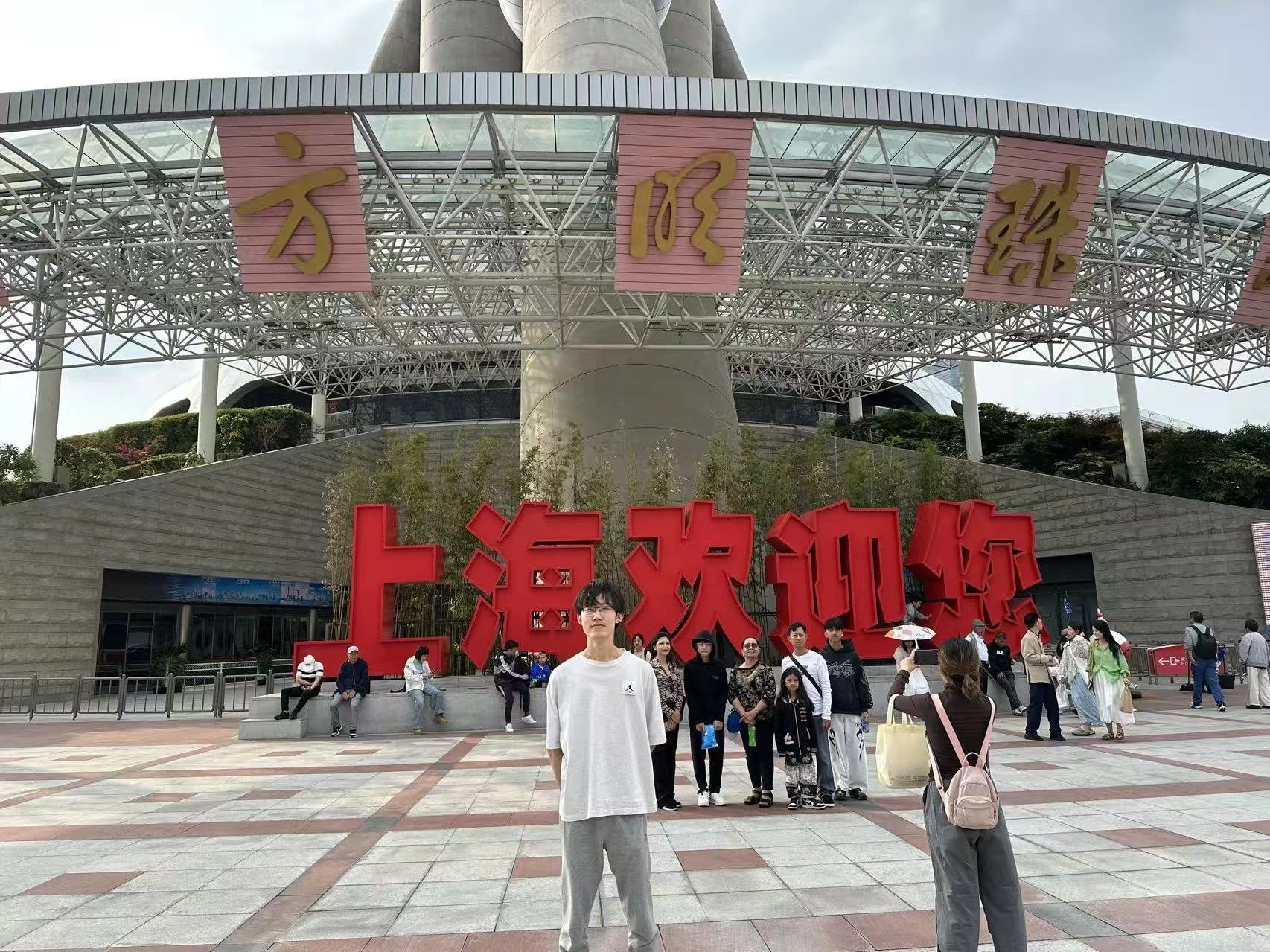“Making the Dead Modern”
by Erik Mueggler
Winter 2015
This series of four public lectures describes a book project in progress, titled Songs for Dead Parents. The lectures examine the history of death ritual in a small minority community in mountainous Southwest China, where people are heir to an extraordinary range of resources for working on the dead: techniques to create material bodies for dead beings, exchanges to give substance to relations among the living and with the dead, and abundant poetic language to communicate with the dead. Work on the dead takes the form of making them material and immaterial. Corpses replace bodies; effigies replace corpses; tombstones replace texts; texts replace tombstones. Social personhood, involving relations among living and dead, is mutual entanglement through shared substance; dead persons are subjected to a long labor of disentanglement with the final goal of severing them from the shared world of matter and memory. It is through work on the dead that people envision the cosmological underpinnings of the social world and assess the social relations at the foundations of community. In this context, the long history of official interventions meant to reform death ritual has been deeply consequential, transforming both social relations and the positions of living and dead in relation to the state, as the central historical actor.
Read More
